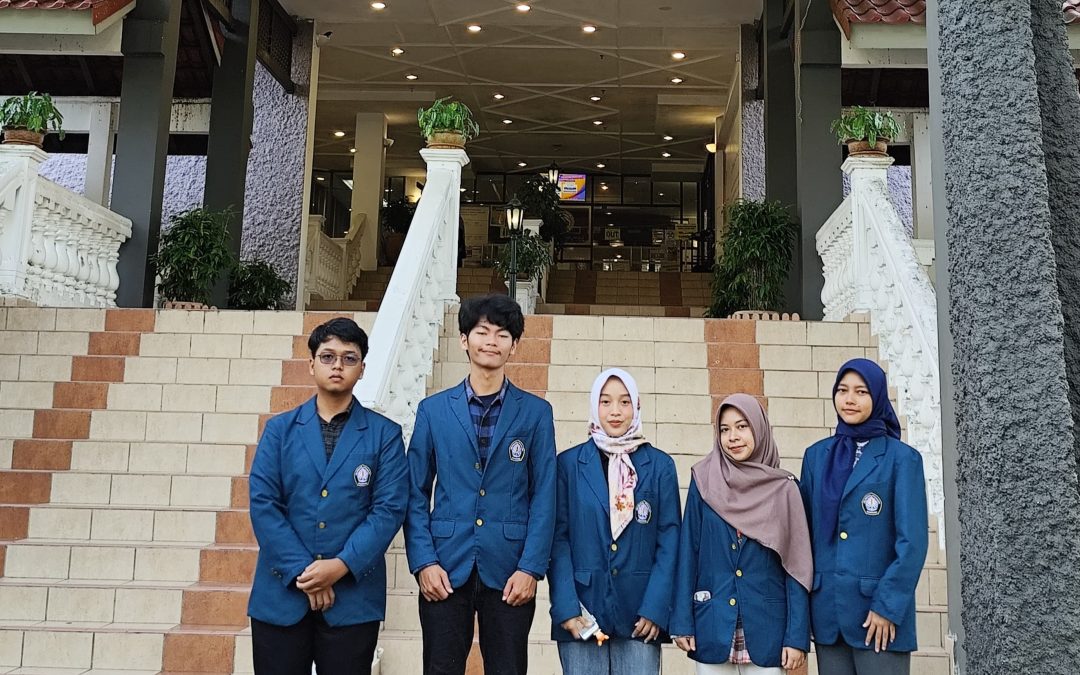Semarang, February 20, 2025 – A group of students from the Department of Physics at Diponegoro University (UNDIP) is currently participating in an international research program at the Nanotechnology Research Centre, Universiti Pendidikan Sultan Idris (UPSI), Malaysia. This program is part of UNDIP’s World Class University (WCU) scheme, aimed at enhancing the global research potential of students and strengthening research collaboration between UNDIP and UPSI.
The program, which runs from January 1 to March 31, 2025, involves UNDIP students conducting research titled “Synthesis of Graphene via Electrochemical Exfoliation Process and Chemical Reduction for Silver Nanoparticles Production.” This research focuses on developing graphene synthesis methods through electrochemical exfoliation and chemical reduction for the production of silver nanoparticles (AgNPs). Silver nanoparticles have significant potential in various applications, such as sensors, catalysts, antibacterial materials, and the energy and electronics industries. Therefore, this research is expected to contribute to the development of future material technologies.
According to Mrs. Rika Noor Safitri, S.Si., M.Sc., the mentor of the research team, who is currently pursuing a Ph.D. at UPSI, this research is a strategic step in strengthening collaboration between UNDIP’s SMARC Lab under the coordination of Prof. Dr. Heri Sutanto and UPSI in the fields of physics and nanotechnology under the supervision of Prof. Dr. Suriani. “This research demonstrates that physics has great potential in the development of nanomaterials. Furthermore, the collaboration between UNDIP and UPSI can continue to be enhanced to produce research that is beneficial both academically and industrially,” she said.
During this program, UNDIP students collaborate with academics and researchers at UPSI in the synthesis and characterization of graphene and silver nanoparticles. This activity not only enriches the students’ academic insights but also opens up opportunities for further research, strengthens collaboration between universities, and expands networks with nanotechnology experts. This program is expected to improve the quality of Indonesian students’ research and enhance UNDIP’s international reputation.



